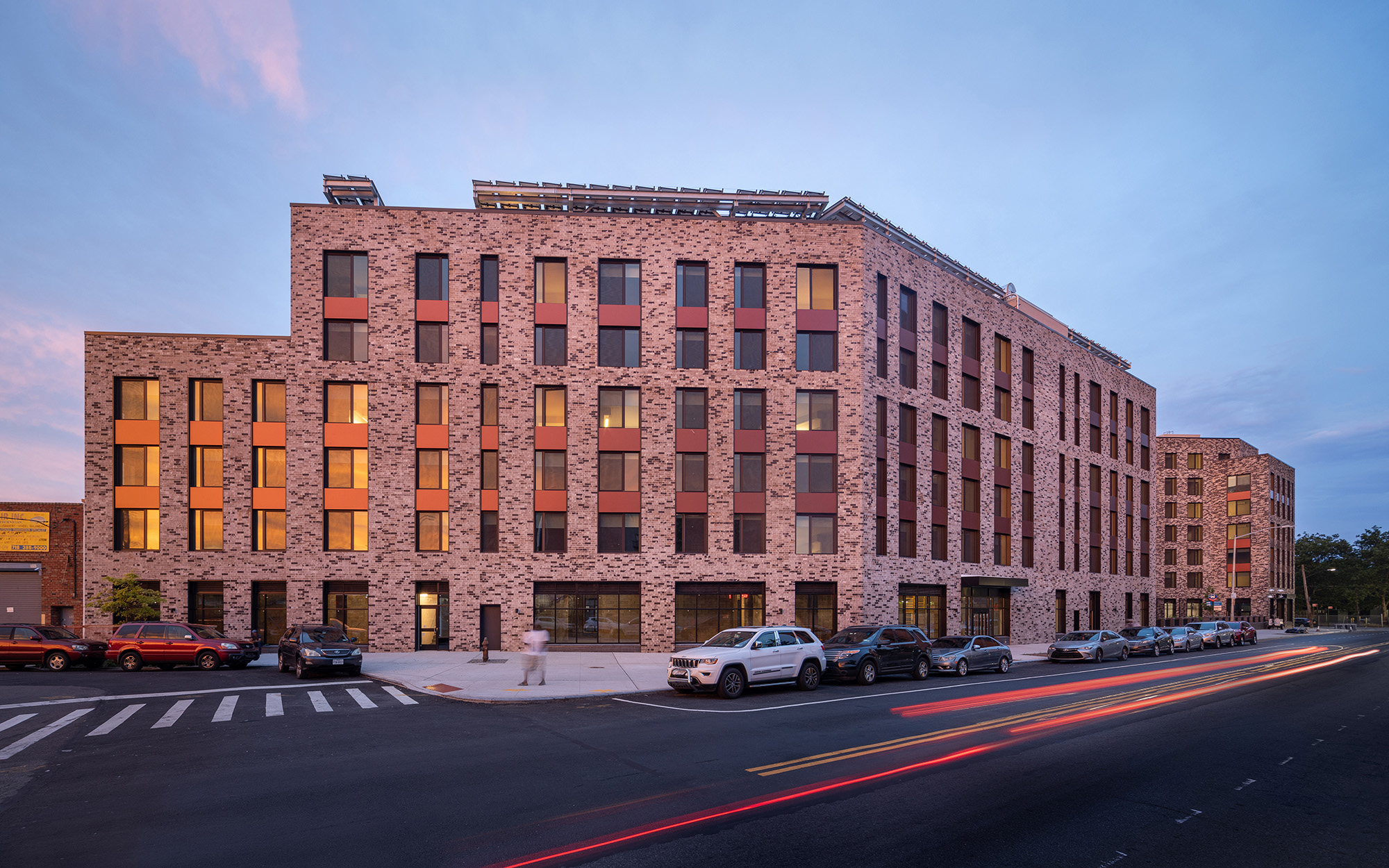PACE Equity, the leader in Property Assessed Clean Energy (PACE) financing for development projects, along with decarbonization non-profit Phius, jointly announced a new compliance path for PACE Equity’s CIRRUS Low Carbon program at PhiusCon 2023. Through the new partnership, commercial real estate projects that are certified as Phius CORE or Phius ZERO passive house buildings are automatically eligible for the CIRRUS Low Carbon financing rate when approved for PACE Equity funding.
What is CIRRUS Low Carbon financing?
CIRRUS Low Carbon is the only private financial product that provides a lower cost of capital for buildings that are developed or renovated to a lower carbon design. The standards set by Phius CORE and Phius ZERO are locally tailored and globally applicable, aligning significantly with PACE Equity’s CIRRUS Low Carbon design goals.
Projects that apply for PACE Equity financing with the passive house Phius certification will qualify to receive CIRRUS Low Carbon’s reduced financing rate, helping the project developers fill a gap in a capital stack, replace more expensive funding options, and improve project returns.

“The path to lower carbon commercial real estate development is forged through symbiotic industry partnerships that offer developers and building owners unique financial, environmental, and brand advantages,” said Beau Engman, President and Founder, PACE Equity. “The convergence of Phius passive building standards and PACE Equity’s lower rate financing for lower carbon buildings equips developers with the tools and financial incentive to design more energy-efficient buildings with a better return.”
“With the most effective and widely applicable passive building standard, Phius shares PACE Equity’s vision for a lower carbon future,” said Katrin Klingenberg, Co-founder and Executive Director, Phius. “Partnering with PACE Equity to offer automatic CIRRUS Low Carbon qualification for Phius CORE and Phius ZERO projects helps make decarbonization of the built environment even more achievable.”
About PACE Equity
Since 2014, PACE Equity has funded Commercial Property Assessed Clean Energy projects in innovative, never-before-seen ways, with better financing for better buildings. PACE Equity has closed C-PACE projects across the U.S. and enabled the energy efficient commercial development of over $2.7 billion while eliminating over 1 million metric tons of carbon. PACE Equity offers the design and support that allow customers to intelligently meet the demands of today's consumer and tomorrow's requirements.
About PHIUS
Phius is a non-profit 501(c)(3) organization committed to decarbonizing the built environment by making high-performance passive building the mainstream market standard. It trains and certifies professionals, maintains and updates the Phius climate-specific passive building standard, certifies and quality assures passive buildings, certifies high-performance building products and conducts research to advance high-performance building.
Related Stories
Concrete | Jan 12, 2024
Sustainable concrete reduces carbon emissions by at least 30%
Designed by Holcim, a building materials supplier, ECOPact offers a sustainable concrete alternative that not only meets, but exceeds the properties of standard concrete.
Green | Jan 8, 2024
DOE releases RFI on developing national definition for a Zero Emissions Building
The Department of Energy released a Request for Information (RFI) for feedback from industry, academia, research laboratories, government agencies, and other stakeholders on a draft national definition for a Zero Emissions Building.
Sustainability | Jan 2, 2024
Los Angeles has plan to improve stormwater capture and source 80% of water locally
Los Angeles County’s Board of Supervisors voted for a plan to improve stormwater capture with a goal of capturing it for local reuse. The plan aims to increase the local water supply by 580,000 acre-feet per year by 2045.
Sustainability | Dec 22, 2023
WSP unveils scenario-planning online game
WSP has released a scenario-planning online game to help organizations achieve sustainable development goals while expanding awareness about climate change.
Codes and Standards | Dec 18, 2023
ASHRAE releases guide on grid interactivity in the decarbonization process
A guide focusing on the critical role of grid interactivity in building decarbonization was recently published by ASHRAE. The Grid-Interactive Buildings for Decarbonization: Design and Operation Resource Guide provides information on maximizing carbon reduction through buildings’ interaction with the electric power grid.
Sustainable Design and Construction | Dec 14, 2023
Suffolk Construction establishes Suffolk Sustainability Group
Design veterans Steven Burke and Michael Swenson will lead the new sustainability initiative for Suffolk.
75 Top Building Products | Dec 13, 2023
75 top building products for 2023
From a bladeless rooftop wind energy system, to a troffer light fixture with built-in continuous visible light disinfection, innovation is plentiful in Building Design+Construction's annual 75 Top Products report.
Sustainability | Nov 20, 2023
8 strategies for multifamily passive house design projects
Stantec's Brett Lambert, Principal of Architecture and Passive House Certified Consultant, uses the Northland Newton Development project to guide designers with eight tips for designing multifamily passive house projects.
Sustainability | Nov 1, 2023
Researchers create building air leakage detection system using a camera in real time
Researchers at the U.S. Department of Energy’s Oak Ridge National Laboratory have developed a system that uses a camera to detect air leakage from buildings in real time.
Sustainability | Nov 1, 2023
Tool identifies financial incentives for decarbonizing heavy industry, transportation projects
Rocky Mountain Institute (RMI) has released a tool to identify financial incentives to help developers, industrial companies, and investors find financial incentives for heavy industry and transport projects.


















